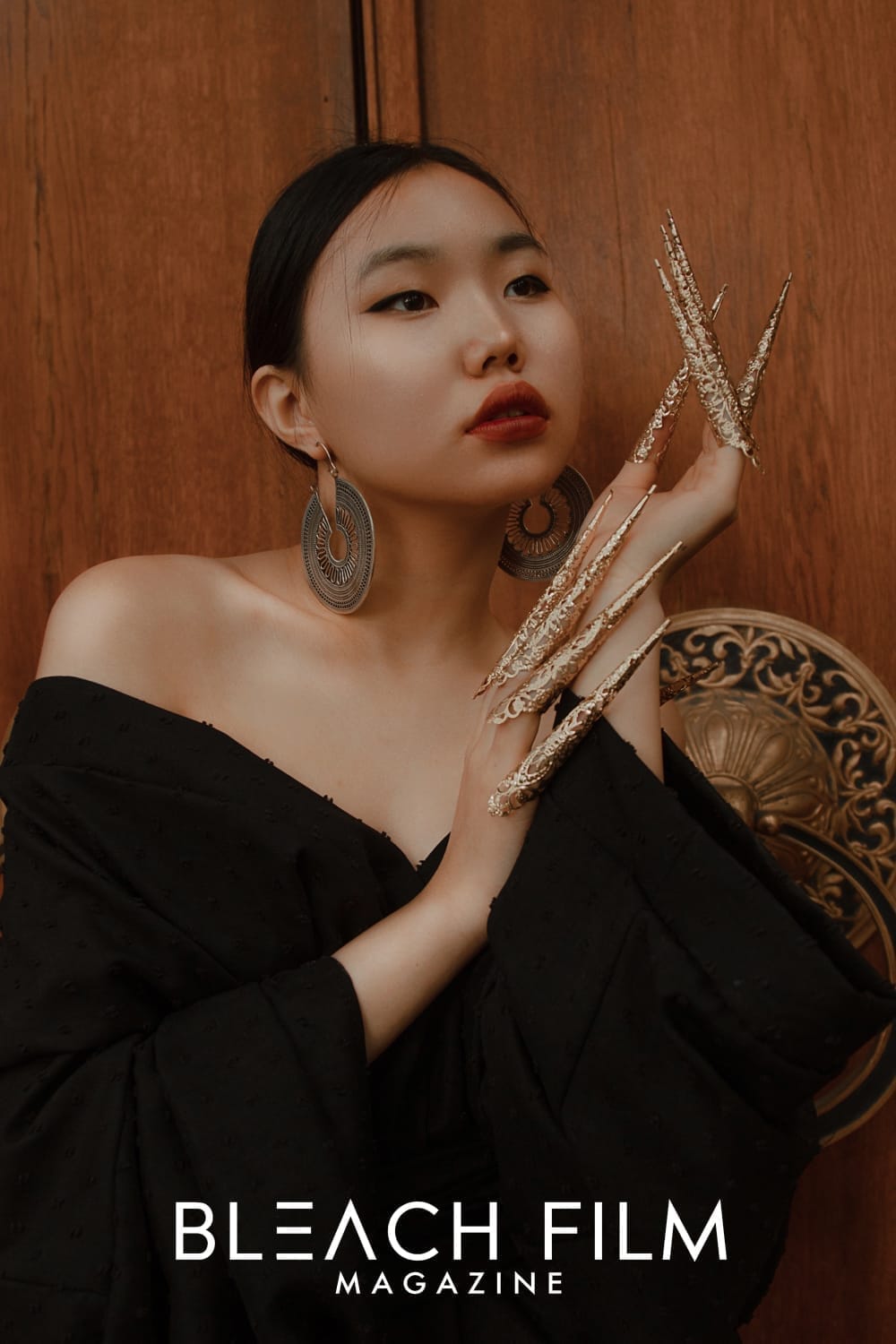Irina Saveleva Brooklyn : Does not exist
CALEB SCHAFTLEIN,
Could you please provide us with a professional introduction about yourself and your photography work?
The difference between feeling and seeing is huge. My goal is the opportunity to influence the ability of a potential viewer to survive emotions. Photography will always be in my life, this is part of me. Perhaps it transforms into something else.
This story is about how important it is to dream.
Can you tell us about how you got started in photography?
They often ask me: “Why a camera, when can I shoot on your phone?” But we are not talking about the "My photos" folder, we are talking about art.
In order to start shooting on a professional camera, it took me 10 years, I found any prepositions to not do this, but the photograph, as it turned out, always went with me in the same parallel, and one fine day these parallels crossed.

What was your passion driving you during your journey? Who or what prompted you to begin?
I think that every enthusiastic photographer is familiar with a feeling when you come to a picturesque place, and the hand begins to reach for the camera.
I want to say that to know the language of the country in which you plan to work will be a big plus. After all, it is always more interesting to shoot not only abroad, but also to work with foreigners.
Could you walk us through your photoshoot planning process?
First of all, I look at the model: what role she can play on the set there is already selected there: location, clothing, props and posing. I feel models and how I see them, I show them in my work.
As a photography expert, what sets your work apart from other photographers?
I cannot give an assessment and compare myself with other photographers. For example, if twenty photographers shoot the same place, you get twenty different photos.

Where do you get your ideas for photoshoots?
Already all the country has long been invented and removed, to ask how to present it. I shoot, as I feel, each photograph speaks of my emotional state.
Can you tell us about the most memorable moment you've had as a photographer and what experience you gained from that?
I have not shooting, then an interesting experience or an interesting story. Starting like in a swamp on the set, I pierced my leg with a nail and ending with a filming in the men's monastery of a girl in a leather one.
What are the most important components of an extraordinary photograph, in your opinion?
I use improvised materials and interesting locations. No need to complicate anything, everything will come.

How do you strike a balance between your artistic expression and your client's expectations during a shoot?
My clients come to me for my vision and completely trust me.
How do other artists influence your work? Are there any other photographers you look up to? Who?
I prefer to develop my style and even if I like someone’s photograph, I don't know who the author is.
How do you enhance your vision after a session by post-processing your photos? Do you have a best-kept secret for editing processing that you'd like to share?
There are no secrets, I am always open to joint projects, I always study with other photographers and share my knowledge.

Can you tell us about the most difficult photographic challenge you've ever had, including lighting, unexpected situations, and how you managed the issues on set?
Each photographer is faced with difficulties. We learn from mistakes. I really like the American photographer Ansel Adams, known for his black and white pictures: “What the photographer is able to see, and to say about what he saw is incomparably more important than the quality of technical equipment ...”
What are your top tips for aspiring photographers on skill development and finding their own creative voice? How did you develop yours?
I do not want to impose their thoughts, everyone has their own path and their own vision. I just want to say honest with yourself and everything will work out.
What is your favorite piece of work you've ever shot? (Include links)
Each of my work brings its own story and its own meaning, it is difficult to answer this question.

Can you tell me about an upcoming project you're working on and the idea behind it?
The closest large project on the topic of sunken oil tankers in Anapa. I want to draw people's attention to the tragedy.
Can you tell us the story behind creating the photographs you submitted?
The heavier loss is the loss burdened by an all -in -event feeling of guilt and regret when you know that you yourself chose it.
"Everything could be different."
I let all the people that I take off through myself. I listen to the stories of models and live them with them.
Where can we view more of your work and connect with you?
Instagram: @Capcutie.photo


